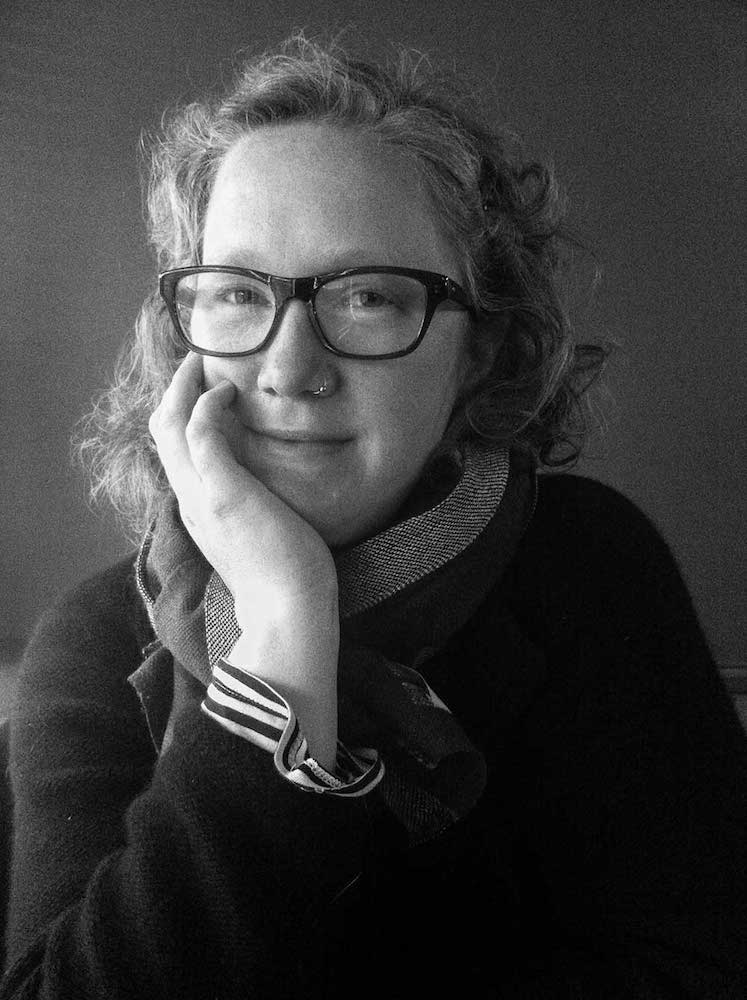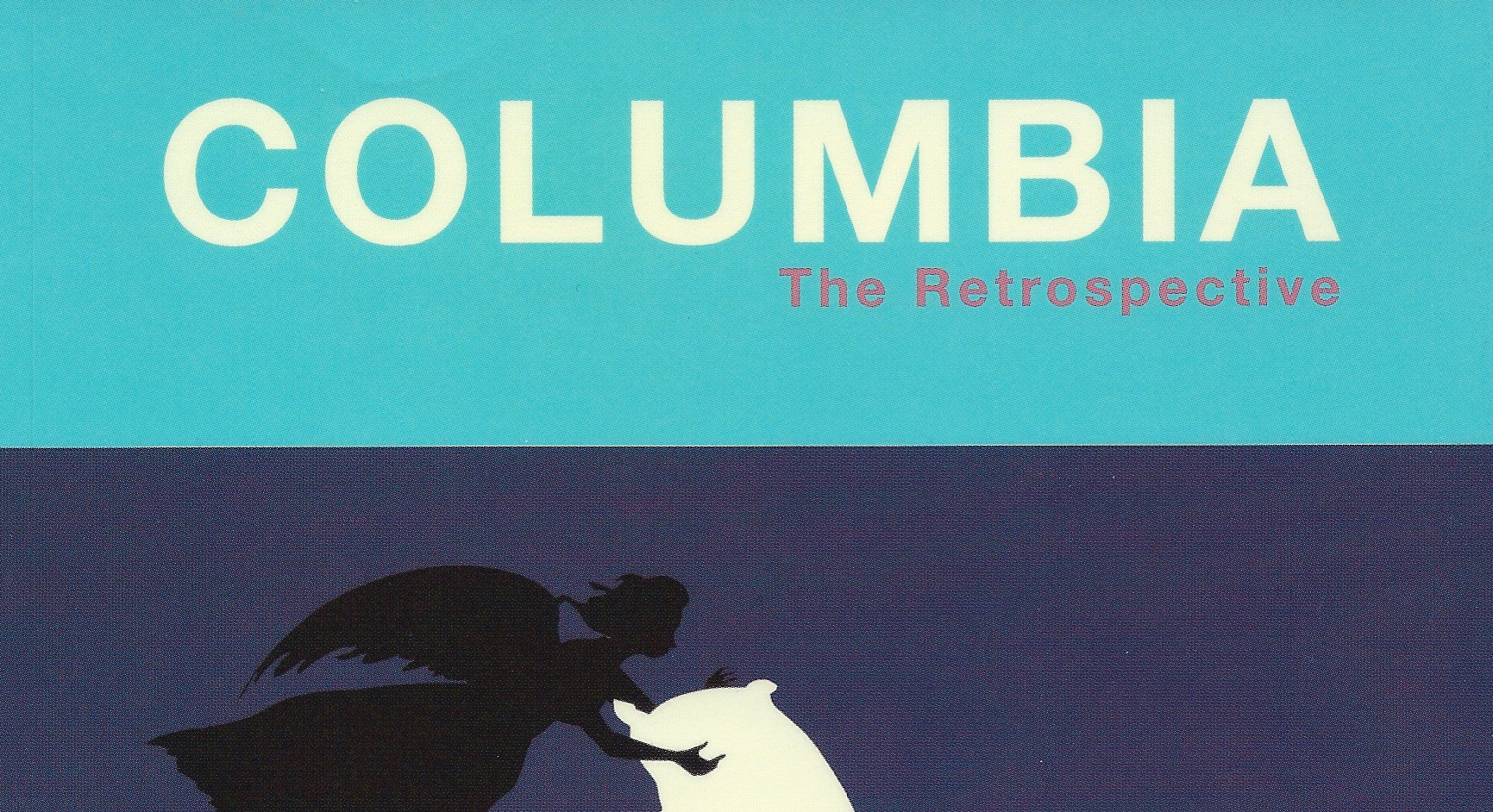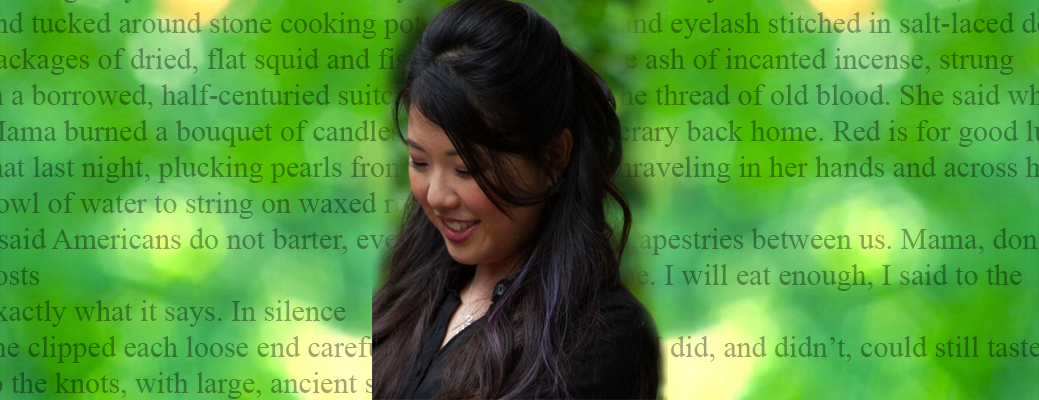Last year marked the 50th anniversary of the Stonewall riots, the violent confrontations between gay rights activists and police after a raid on The Stonewall Inn, a Mafia-owned gay bar. This year marks the 50th anniversary of the first Pride march to honor the riots and subsequent uprising. In years since, Pride celebrations have morphed into slick displays of corporate-backed consumption and rainbow capitalism; radical origins are glossed over in favor of thirty-day calendar acts replete with free rainbow pens and Jell-O shots, large displays of police surveillance, and police marching along parade routes that feature flashy narratives that skew white, cisgender, male.
The pandemic rightfully forced the cancellation of parades and parties filled with flamingo inflatables. While that may have come as a disappointment for many, those of us in the LGBTQ+ community enjoy our rights because of Black and brown trans activists, and as protests against racist police brutality unfold across the country, it is incumbent upon the queer community to support and show up for human rights in the same way our community’s leaders did in 1969. On June 14th, over 15,000 people marched in Brooklyn for Black trans lives; in the absence of a bloated Pride display in Manhattan, grassroots Pride groups such as Reclaim Pride Coalition in NYC will march “to demand liberation by resisting continued forms of oppression”, and this year marches in solidarity with Black lives and against police brutality.
Pride was never about consumerism and brands and celebrating to hit a checkbox, it was always cemented in rioting, protesting, and revolution. As Carmen Maria Machado writes for the New York Times: “Pride should not be a smug acknowledgement of a job well done, or a job that’s done at all. If you understand the work to be over, you are mistaken. If you are beloved by your police force, by your government, by straight people and cis people and white people, you have nothing to be proud of. History has opened a door for you. To go through it, you need two things: to know the world is not enough, and to do something about it.”
Keep the momentum of advocating for and celebrating queer lives going into July, and start with your bookshelf.

Calamities by Renee Gladman
Calamities is a collection that occupies a hybrid space between genres that at once reckons with poetry, prose and visual arts. Most essays open with “I began the day…” and inquire about the various processes of art-making, setting forth an architecture of language and artistic creation at-large. Like Gladman’s oeuvre, these essays present a cartography of intersectionality and interrogate the ways various communities—queer, creative, Black, activist—contain, collide, and separate one another.
Memorable quote: “I was a body and it was a page and we both had our proverbial blankness. I was poised to write. I was poised to open and write or to open and let writing happen.”

Her Body and Other Parties and In the Dream House by Carmen Maria Machado
Machado’s debut story collection, Her Body and Other Parties, refuses conventions of realism to highlight and examine all the ways in which female bodies must refuse. There are ghosts, girls with bells-for-eyes, and a hypnotic inventory of sexual partners. “Especially Heinous: 272 Views of Law & Order SVU” is told in episodic synopses that ramp up in absurdity. Machado is also the author of In the Dream House, a shapeshifting memoir that recounts the haunting experiences of queer abuse.
Memorable quote: “We sank. She was so much older than I was, but rarely reminded me. She slid her hands high up my thighs in public places and told me her darkest story and asked about mine. I felt like she was seared into my timeline, unchangeable as Pompeii.”

We the Animals by Justin Torres
Every line is pure poetry in Torres’ compressed and elegant novel, which examines the bonds of brotherhood. It follows three young boys in a mixed-race family in upstate New York on a journey of defining and discovering masculinity and sexuality. Told from the perspective of the youngest brother who often speaks for the collective by using the pronoun “we,” the brothers’ paths overlap and diverge amidst a backdrop of turmoil, heartbreak, and beauty.
Memorable quote: “After a while Manny started up again, talking to himself, plotting, saying, “What we gotta do is, we gotta figure out a way to reverse gravity, so that we all fall upward, through the clouds and sky, all the way to heaven,” and as he said the words, the picture formed in my mind: my brothers and me, flailing our arms, rising, the world telescoping away, falling up past the stars, through space and blackness, floating upward, until we were safe as seed wrapped up in the fist of God.”

Cantoras by Carolina de Robertis
Cantoras is a novel of resistance that recounts the dangers of homosexuality in 1970s Uruguay. It follows five women in Montevideo as they create agency for themselves and their queer love. The narrative moves swiftly through different points of view and provides a telescopic view of the political environment and dangers the women faced for living their personal truths. de Robertis’ gorgeous prose presents an intimate portrait that leaves the reader feeling let in on a secret.

Freshwater by Akwaeke Emezi
Akwaeke Emezi’s debut novel is powerful and evocative as it tells the story of Ada, a young Nigerian woman “with one foot on the other side,” who develops separate selves. The book explores the Igbo ogbanje; “An ogbanje is an Igbo spirit that’s born into a human body, a kind of malevolent trickster, whose goal is to torment the human mother by dying unexpectedly only to return in the next child and do it all over again,” writes Emezi in an electric essay for The Cut. As Ada completes college in America, her selves grow power and through the novel’s multiple narrators, readers contemplate all the ways in which a person can be.

Mean by Myriam Gurba
Billed as a “nonfiction novel,” Mean is a hybrid memoir that tells Gurba’s coming-of-age story as a queer, mixed-race Chicana girl growing up in Southern California. It uses dark, irreverant humor to tackle the lasting effects of sexual violence, racism, misogyny, and how meanness isn’t just for insecure teens, but rather an appropriate and visceral response to the complication of being a woman in American society.

Refuse: Poems by Julian Randall
Refuse is a raw debut that skillfully uses a myriad of forms to deliver a powerful consciousness that informs and interrogates what it is like to be biracial, Black, and queer. There are mythical musings and musical meditations peppered throughout the collection that combine to reinvent the meaning of self-identity and explore the relationship between father and son.
Memorable Quote (from In “Portrait of My Father As Sisyphus):


Zami: A New Spelling of my Name by Audre Lorde
In her 1982 biomythography, a form that incorporates history, myth, and biography, the poet Audre Lorde chronicles the development of her lesbian identity and how “being young and Black and gay and lonely felt.” She writes about the interconnectivity and intersections of race, sexual identity, and gender, and explores pivotal relationships with women in her life—her mother, then lovers.
Memorable Quote: “…how very difficult it is at times for people to see who or what they are looking at, particularly when they don’t want to.”

Lot by Bryan Washington
Washington’s debut story collection delivers an exacting portrait of Houston’s denizens through the concretization of human nature and all of its flaws. These stories map Houston, and the city is a main character. Lot’s stories explore all the ways in which we seek out family and communities; found, chosen, or otherwise.
Memorable quote: “But Poke watched him regardless. Rod stared as if he were waiting for something. This thing he’d been cheated out of, his end of the deal. And Poke never closed the distance, he never called Rod’s name, but he kept coming, and watching, and waiting, for something.”
Image Credit: Stonewall Inn by Johannes Jodan / Wikimedia Commons




